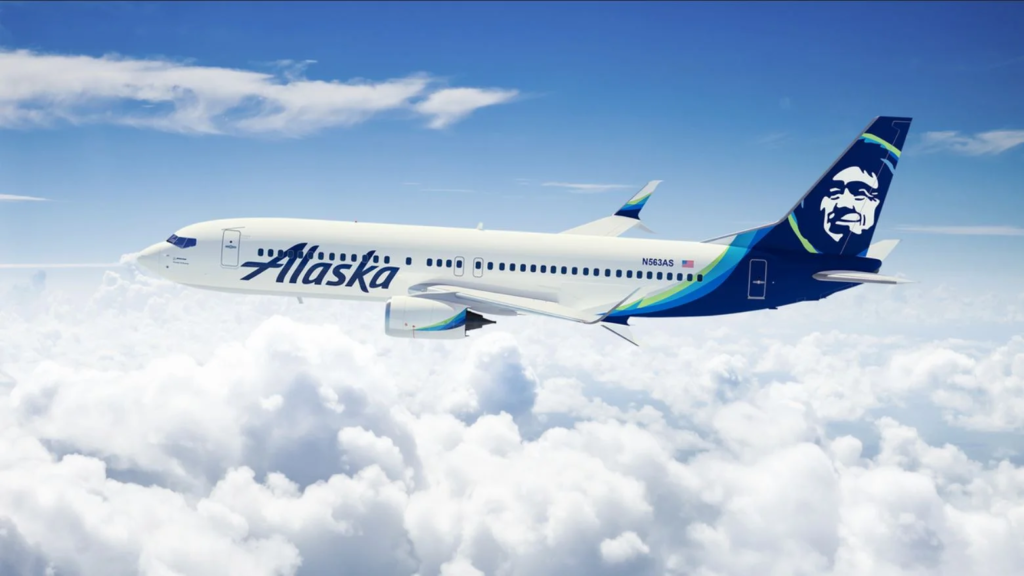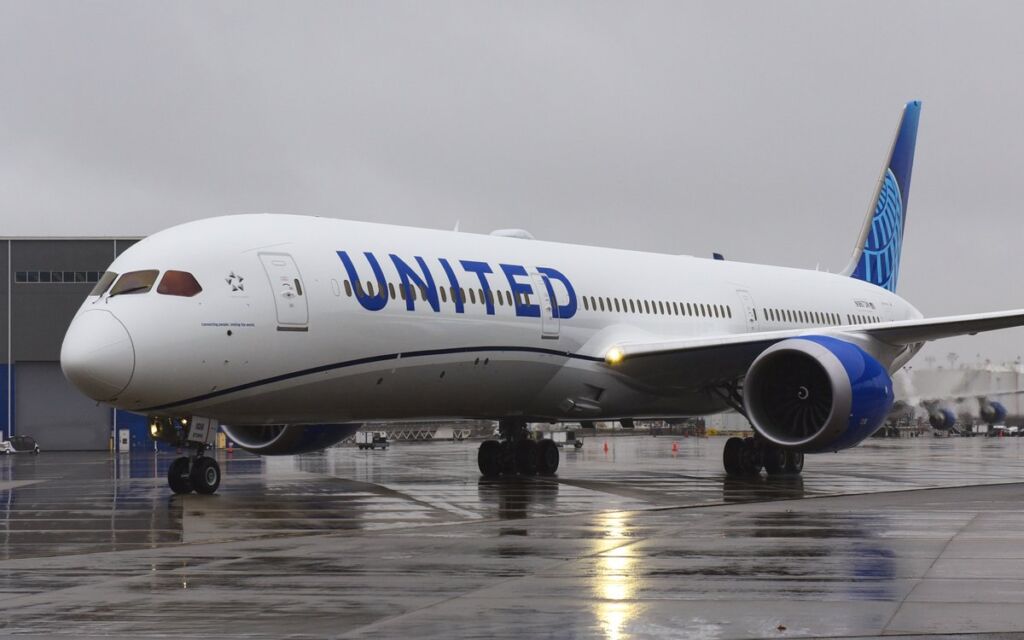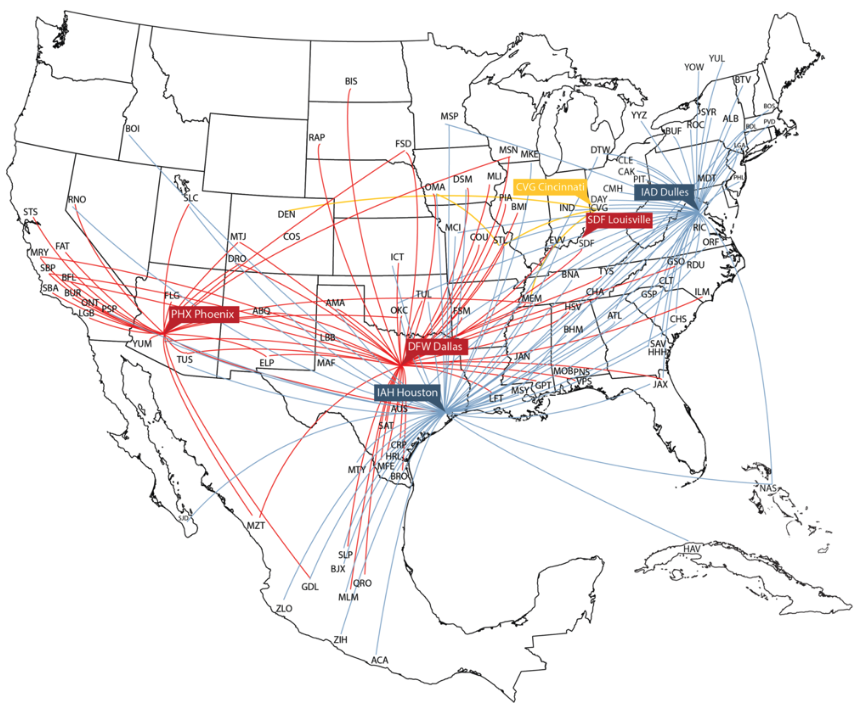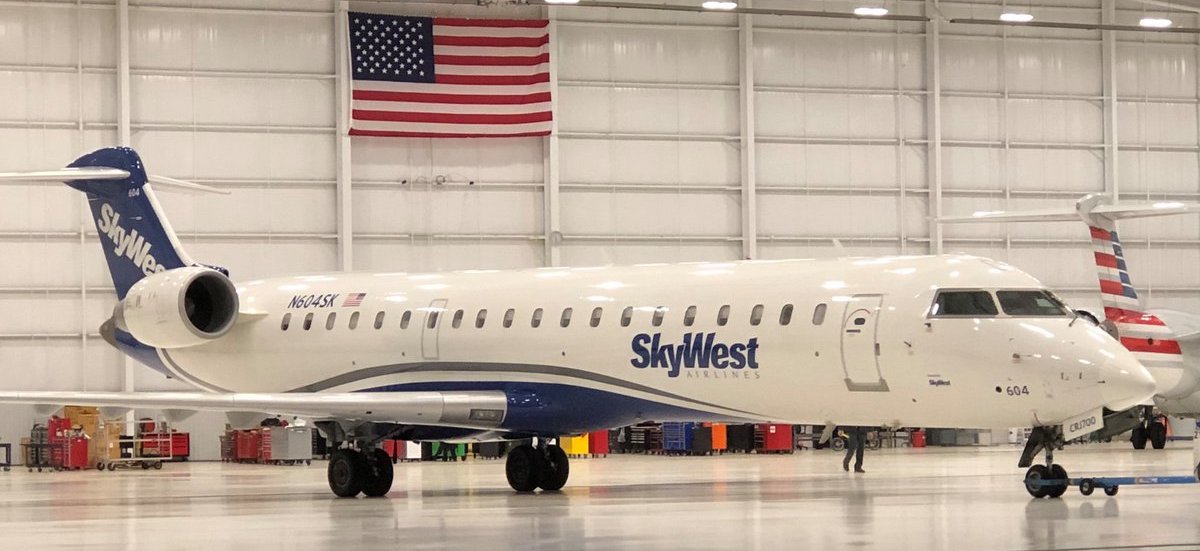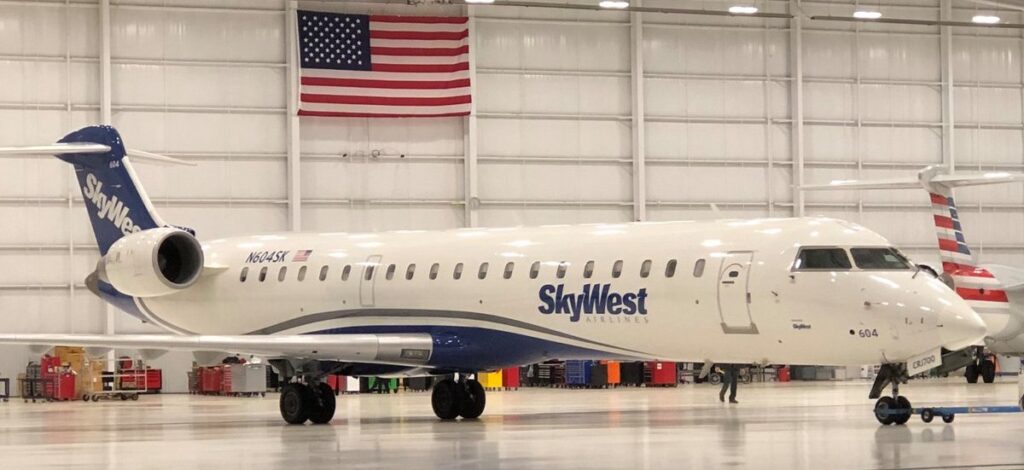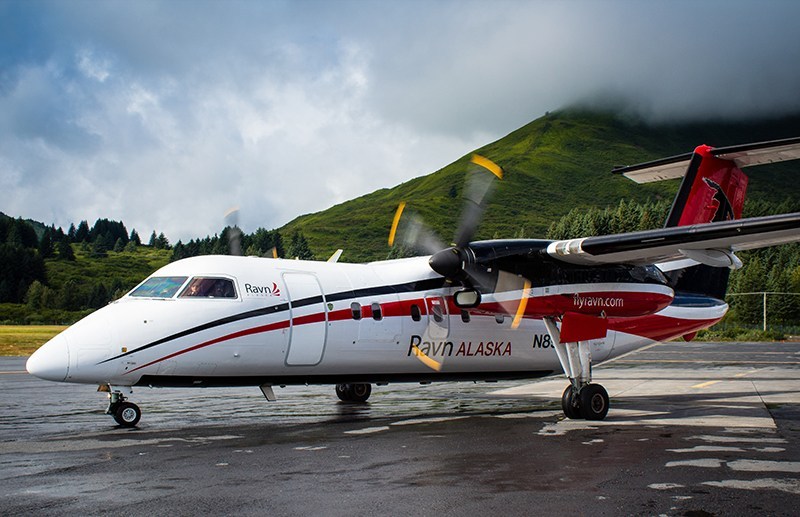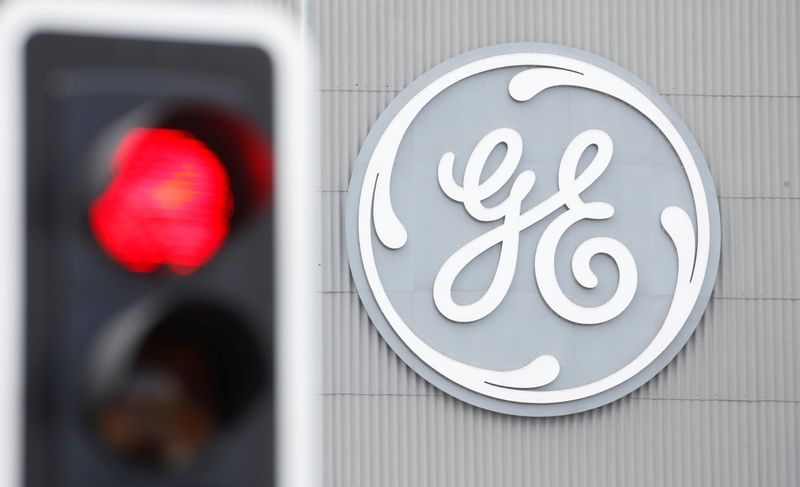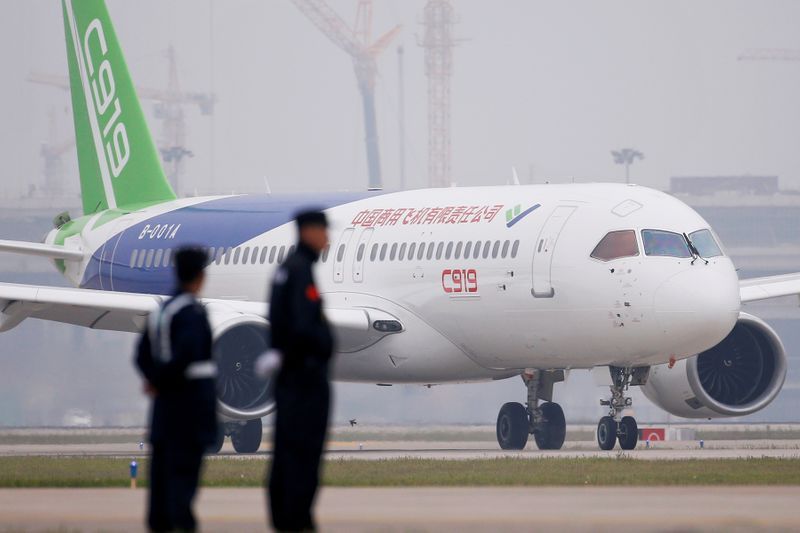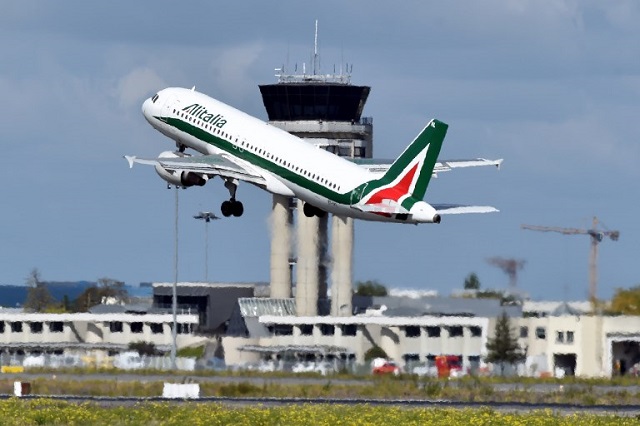Financial Results:
- Reported net loss for the fourth quarter and full year 2020 under Generally Accepted Accounting Principles (GAAP) of $430 million, or $3.47 per diluted share, and $1.3 billion, or $10.59 per diluted share. These results compare to fourth quarter 2019 net income of $181 million, or $1.46 per diluted share, and full year 2019 net income of $769 million, or $6.19 per diluted share.
- Reported adjusted net loss for the fourth quarter and full year 2020, excluding payroll support program wage offsets, special items, and mark-to-market fuel hedging adjustments, of $316 million, or $2.55 per diluted share, and $1.3 billion, or $10.17 per diluted share. These results compare to fourth quarter 2019 adjusted net income of $181 million, or $1.46 per diluted share, and full year 2019 adjusted net income of $798 million, or $6.42 per diluted share.
- Reported adjusted net debt of $1.7 billion, flat from December 2019 despite a 59% decline in operating revenues for the year.
- Reported a debt-to-capitalization ratio, including certain short-term borrowings, of 61%.
- Held $3.3 billion in unrestricted cash and marketable securities as of Dec. 31, 2020.
Liquidity and Fleet Updates:
- Accessed approximately $5 billion in new liquidity in 2020, including $1.2 billion raised in the capital markets and approximately $600 million in bank financing.
- Reached an agreement with the U.S. Treasury in January 2021 to receive an extension of payroll support totaling $533 million, $266 million of which was received on Jan. 15, 2021.
- Extended the period available to draw funds under the CARES Act loan program from March 26, 2021 to May 28, 2021.
- Announced plans to expand the mainline fleet and restructure the existing aircraft purchase agreement with Boeing. In total, Air Group will take delivery of 68 737-9 MAX aircraft between 2021 and 2024, inclusive of 32 previous purchase commitments and 13 aircraft to be leased from Air Lease Corporation.
- Took delivery of Alaska’s first 737-9 MAX aircraft on January 24, 2021, which is expected to enter revenue service on March 1, 2021.
- Permanently removed an additional 20 Airbus A320 aircraft from the fleet in the fourth quarter, resulting in 40 Airbus aircraft removed in 2020. A total of 31 Airbus aircraft remain in the operating fleet as of the end of the year.
- Held $3.4 billion in cash and marketable securities as of Jan. 22, 2021, and total liquidity of $5.2 billion.
Operational and Guest Safety Updates
- Announced seven new routes in the fourth quarter, including three “fun and sun” destinations connecting Anchorage to Las Vegas, Denver and San Francisco, and expanded service from Southern California to Austin and New York.
- Eliminated change fees and extended the flexible travel policy for tickets purchased through March 31, 2021.
- Implemented Next-Level Care initiative, which includes more than 100 measures designed to create a safe experience for guests and employees. These efforts were highlighted in the Alaska Safety Dance video.
- Named the safest U.S. airline by AirlineRatings.com in their annual Top 20 Safest Airline report.
- Launched the West Coast International Alliance with American Airlines on Jan. 1, 2021, which will unlock new benefits for Alaska Mileage Plan members in the spring.
- Partnered with healthcare providers to offer rapid and standardized COVID-19 testing for those guests traveling to destinations that require a negative result.
- Received diamond level certification from the Airline Passenger Experience Association for the health and safety standards Alaska and Horizon Air implemented to keep guests safe throughout their journey.
- Launched pre-clearance program for guests traveling to the Hawaiian Islands from the West Coast with an approved negative COVID-19 test.
- Announced a partnership with Microsoft to use sustainable aviation fuel to offset the environmental impact of certain business air travel.
- Announced oneworld benefits for elite Mileage Plan members, providing tier status in the global alliance to Alaska’s elite members, as the company works toward joining oneworld on March 31, 2021.
Alaska Air Group Inc. (NYSE: ALK) today reported a fourth quarter 2020 GAAP net loss of $430 million, or $3.47 per diluted share, compared to net income of $181 million, or $1.46 per diluted share in 2019. Excluding the impact of payroll support program wage offsets, special items and mark-to-market fuel hedge adjustments, the company reported a fourth quarter adjusted net loss of $316 million, or $2.55 per diluted share, compared to adjusted net income of $181 million, or $1.46 per diluted share in the fourth quarter of 2019.
The company reported a full-year 2020 GAAP net loss of $1.3 billion, compared to net income of $769 million in the prior year. Excluding the impact of payroll support program wage offsets, special items and mark-to-market fuel hedge adjustments, the company reported an adjusted net loss of $1.3 billion, or $10.17 per diluted share for 2020, compared to adjusted net income of $798 million, or $6.42 per diluted share in 2019.
Click the link below to view the full results!

